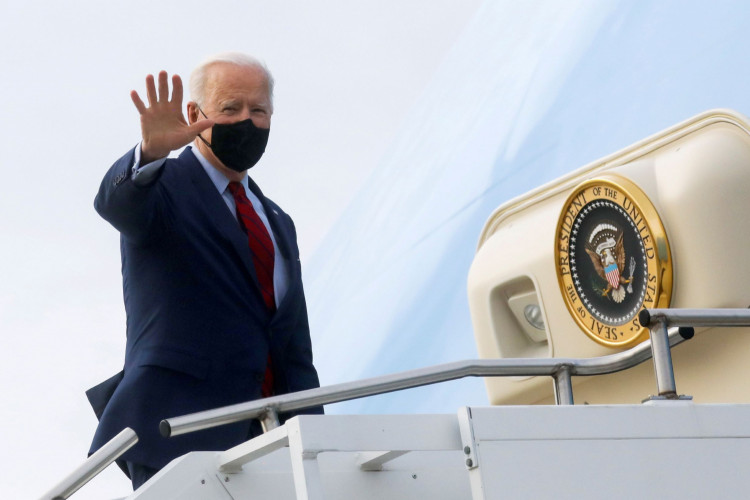This week, United States President Joe Biden will visit the Middle East, where he will meet with nearly a dozen regional leaders. It is the first journey of his presidency to the region, which was partially spurred by the Russian invasion of Ukraine and the resulting increase in oil prices.
The Middle East is largely tranquil, but only a little. There has been a three-month ceasefire between Iranian-backed and Saudi-led forces in Yemen's seven-year war, which has left hundreds of thousands dead due to bloodshed and deprivation.
Although there is periodic violence between Israelis and Palestinians, it pales in comparison to the Gaza conflict of the previous year. Both Iranian-backed strikes in Iraq and U.S. reprisals have remained at modest levels.
Jake Sullivan, national security advisor, told reporters on Wednesday that the region is more stable now than when Biden was president. He stated that the U.S. desires "a region with greater peace and fewer wars that may lure in the United States."
And oil flows from the Gulf to the rest of the world, unlike energy supplies from Russia and Ukraine. In light of rising petrol costs in the U.S. and the upcoming midterm elections, the administration has urged Gulf nations to maintain high oil supplies.
Biden is anticipated to encourage Gulf allies to increase oil output to help lower gasoline prices in response to domestic demand to reduce high fuel prices, which have harmed his position in public opinion polls.
White House officials emphasize that "energy security" is one of the subjects that will be discussed, despite their assertion that the trip is not about oil.
The president is anticipated to declare countermeasures against Iran by strengthening connections between Israel and Arab nations. He will attempt to bolster Saudi support for the Yemen ceasefire.
Biden is likely to attempt to persuade all the world leaders he meets to maintain pressure on Russia to cease its invasion of Ukraine.
The sessions begin on Wednesday in Israel. Biden will then travel to the occupied West Bank to meet with the Palestinian leadership. From there, he will travel to Jeddah, Saudi Arabia, for a regional Arab summit, where he will meet the Saudi leader as well as those of Kuwait, the United Arab Emirates, Oman, Bahrain, Qatar, Iraq, Jordan, and Egypt.
The United States has urged Saudi Arabia and other Gulf nations to enhance oil production. It commends the monarchy for consenting to the Yemen cease-fire and seeks to maintain it; ending the war in Yemen was one of Biden's major foreign policy promises.






